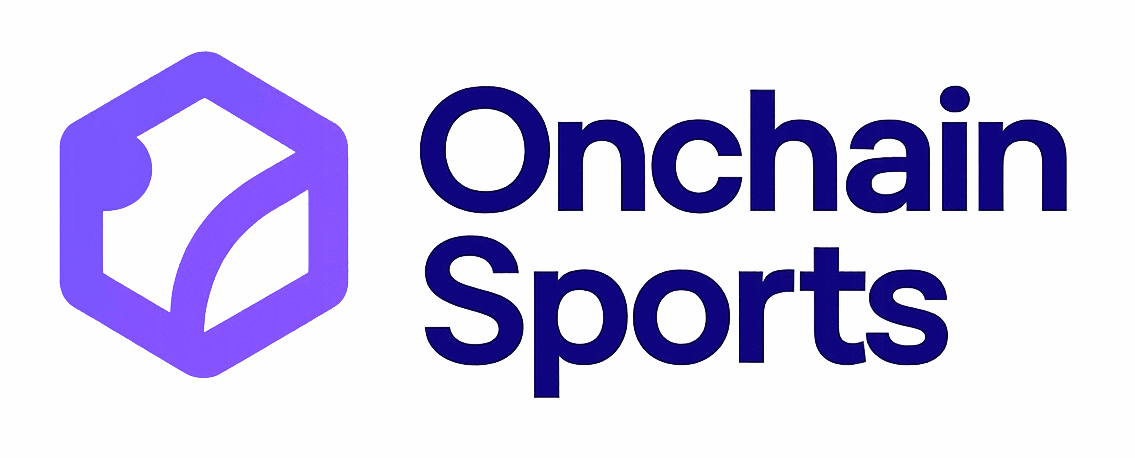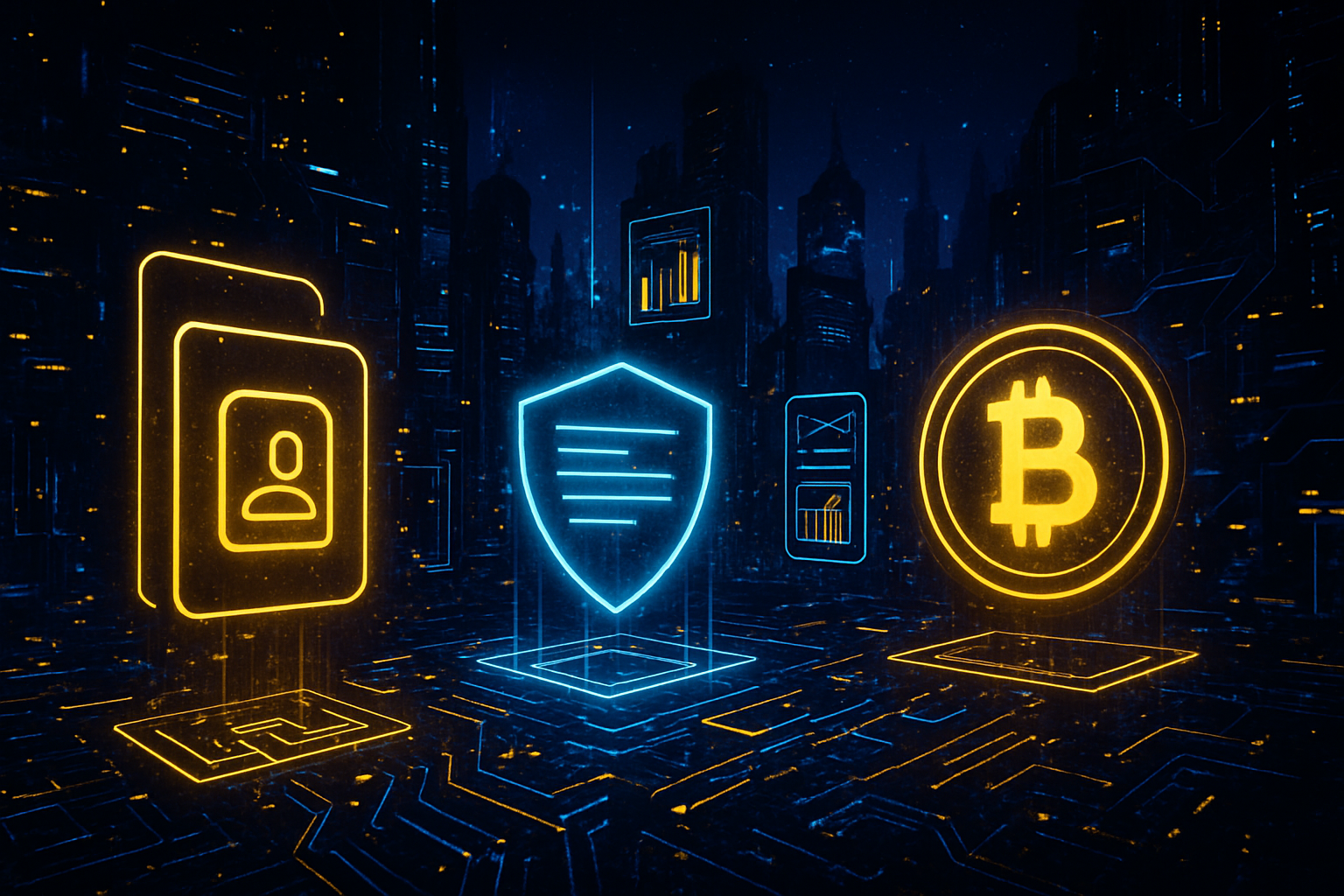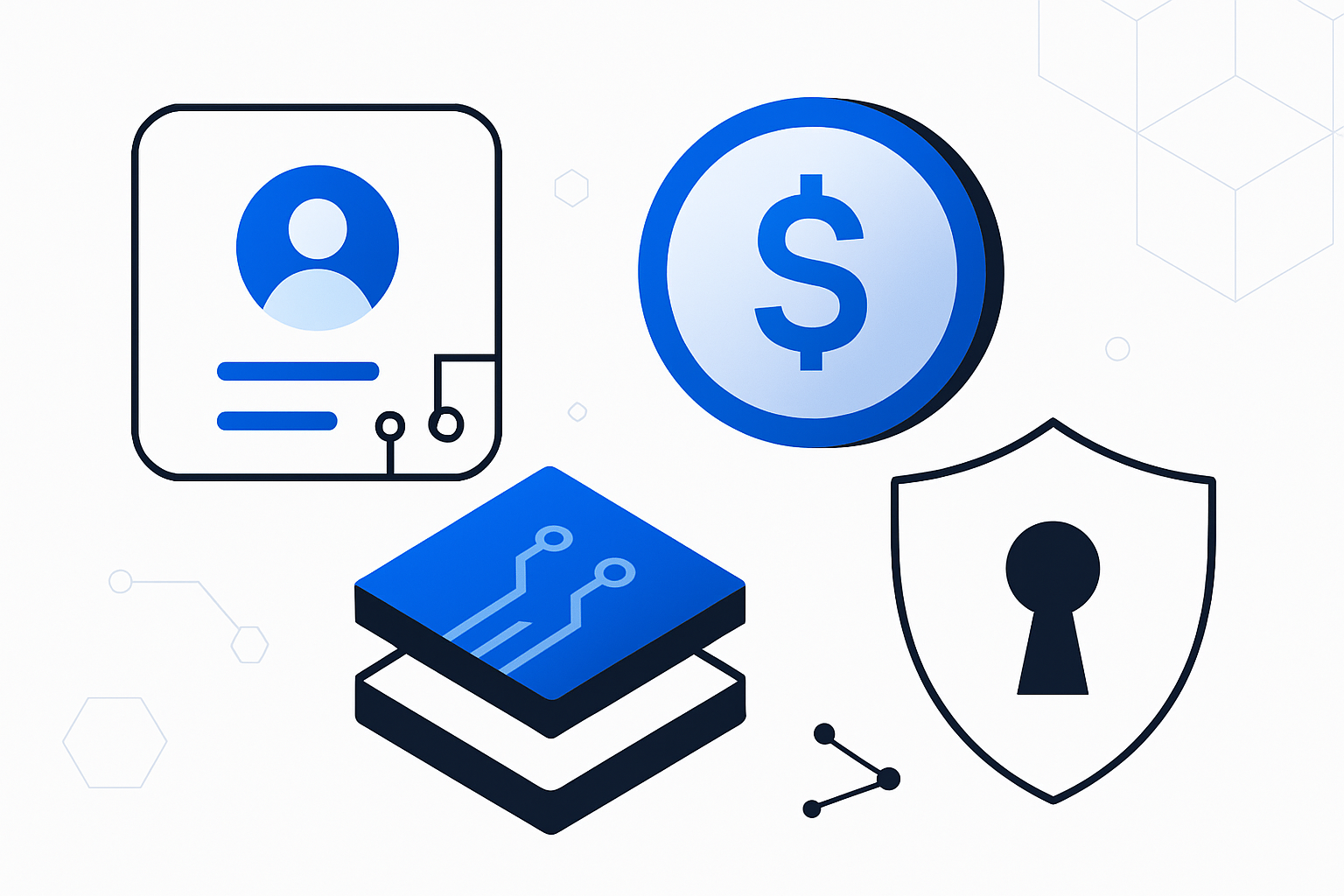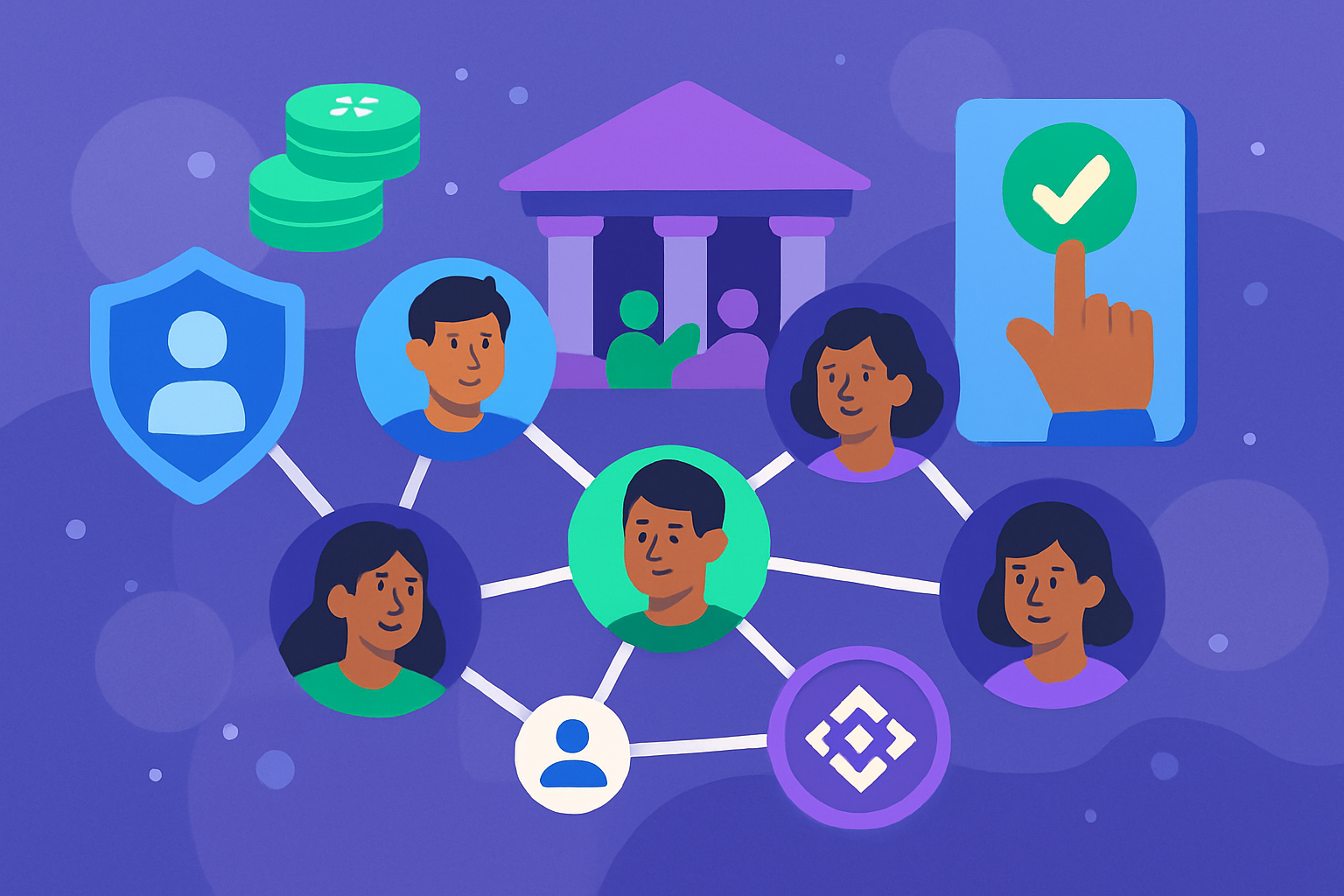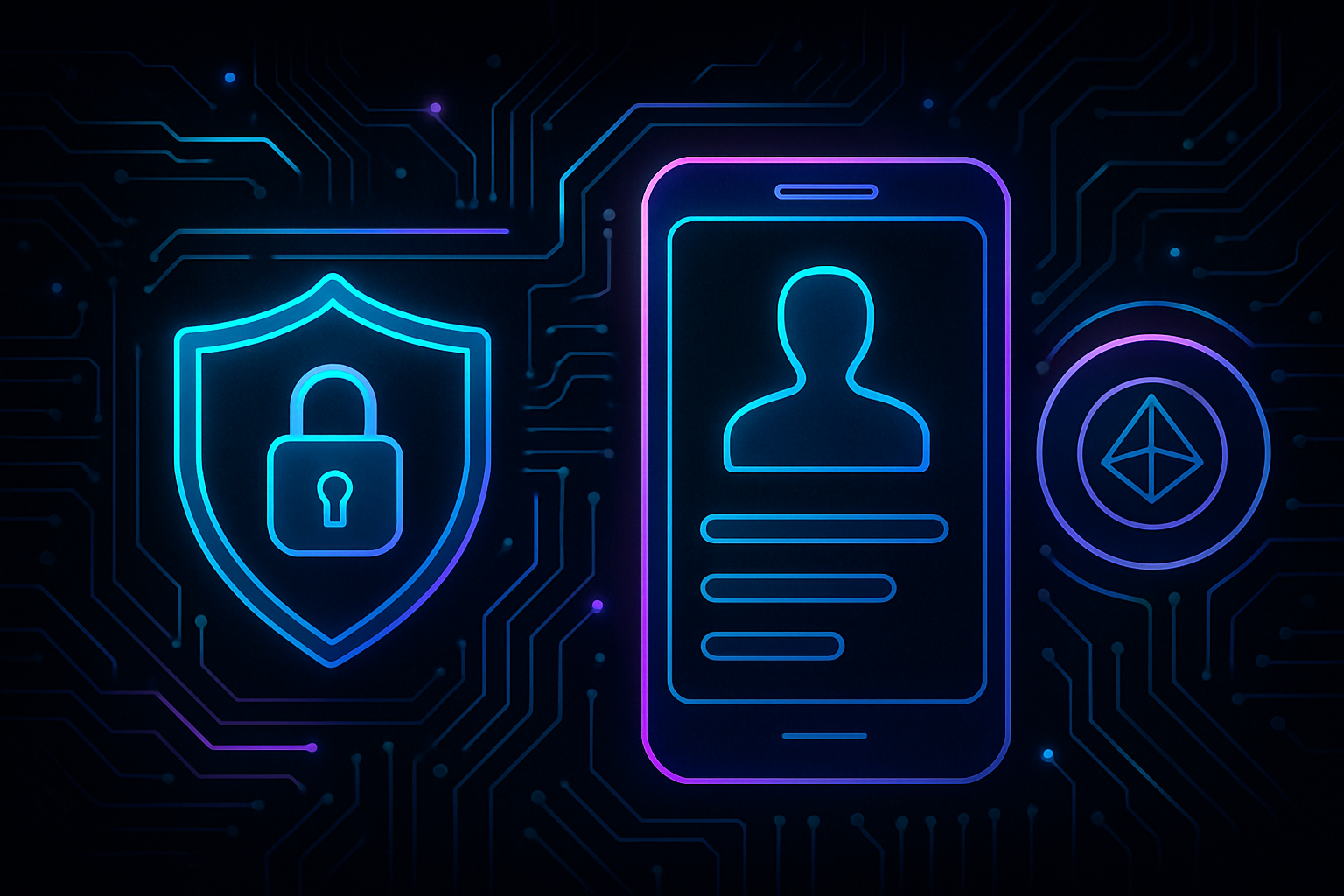
In the evolving landscape of digital identity, privacy and data security are more critical than ever. Decentralized identity wallets, powered by breakthrough cryptographic techniques like zero-knowledge proofs (ZKPs), are redefining what it means to control and verify identity online. Instead of surrendering personal details at every checkpoint, users can now prove essential facts, like age or residency, without revealing any underlying information. This paradigm shift not only minimizes risk but also puts individuals back in charge of their digital presence.

Zero-Knowledge Proofs: The Engine Behind Privacy-First Identity
Zero-knowledge proofs in identity wallets allow one party (the prover) to demonstrate to another (the verifier) that a statement is true without exposing the actual data. For example, you might need to prove you are over 18 for an online service. With ZKPs, your wallet can cryptographically confirm this fact without leaking your birthdate or any additional personal details.
This selective disclosure is central to zk identity wallets, which prioritize user autonomy and privacy. By leveraging ZKPs, these wallets enable:
Key Benefits of ZKPs in Decentralized Identity Wallets
-

Selective Disclosure: ZKPs empower users to prove specific attributes—such as age, citizenship, or employment status—without revealing their full identity or sensitive personal data.
-

Enhanced Security: By minimizing the data shared during verification, ZKPs reduce the risk of identity theft and unauthorized access to personal information.
-

User Control and Ownership: Individuals retain ownership of their identity data and can decide exactly what information to share and with whom, reinforcing the principles of self-sovereign identity.
-

Regulatory Compliance: ZKPs support compliance with privacy regulations like GDPR by enabling data minimization and ensuring that only necessary information is disclosed with user consent.
-

Passwordless Authentication: ZKPs allow for secure logins and authentication without transmitting sensitive credentials, reducing the attack surface for hackers.
-

Real-World Implementations: Solutions like Polygon ID and zkPass leverage ZKPs to enable privacy-preserving identity verification and anonymous credential sharing in decentralized environments.
The privacy-by-design approach solves the longstanding problem of overexposure in traditional verification processes, where handing over a driver’s license or passport often means sharing far more than necessary.
How ZKPs Enable Selective Disclosure and Minimize Data Exposure
The principle of data minimization is gaining traction as privacy regulations like GDPR demand organizations collect only what’s strictly necessary. Zero-knowledge technology aligns perfectly with this ethos. Instead of transmitting entire documents or datasets, zk identity wallets generate cryptographic attestations for specific attributes.
This approach drastically reduces the risk surface for both users and service providers:
- User Control: Individuals decide which attributes to reveal and when.
- Enhanced Security: Minimal data exposure means less risk if systems are breached.
- Pseudonymity: Blockchain-based identities remain unlinkable across services unless the user consents otherwise.
The result? A robust framework for self-sovereign identity privacy that meets regulatory requirements while empowering end-users.
Real-World Implementations: Polygon ID, zkPass, and More
The promise of ZKPs isn’t just theoretical, it’s already being realized by projects like Polygon ID and zkPass. These solutions integrate zero-knowledge authentication directly into their platforms so users can verify eligibility or credentials without ever exposing sensitive documents. For example, Polygon ID allows you to prove you’re a resident of a particular country or above a certain age with a single cryptographic proof instead of uploading scans or photos.
This leap forward extends beyond simple age checks. Passwordless authentication powered by ZKPs is gaining adoption as well, users can log into apps securely without transmitting passwords or even usernames, reducing phishing risks dramatically.
Real-World Uses of ZKPs in Decentralized Identity Wallets
-

Age Verification for Online Services: ZKPs allow users to prove they are over a certain age (such as 18+) without revealing their exact birthdate or any other personal details, ensuring compliance with age-restricted platforms while preserving privacy.
-

Passwordless Authentication: With ZKPs, decentralized identity wallets can enable secure logins without transmitting or storing sensitive credentials, reducing the risk of credential theft and phishing attacks.
-

Selective Disclosure for Digital IDs: Users can share only the necessary information required for a transaction or service—such as citizenship or employment status—without exposing their full identity or unrelated personal data.
-

Polygon ID: An established self-sovereign identity platform leveraging ZKPs, Polygon ID enables users to verify attributes (like residency or membership) on-chain without revealing underlying personal information.
-

zkPass: A privacy-centric credential protocol, zkPass lets users store digital identity documents and generate anonymous proofs for verification, supporting secure, private credential sharing.
The cumulative impact is clear: with ZKPs at their core, modern decentralized identity solutions offer unparalleled privacy protection while maintaining usability and compliance standards. As adoption accelerates, expect these mechanisms to become standard practice across both consumer-facing platforms and enterprise systems alike.
Decentralized identity security is now deeply intertwined with zero-knowledge cryptography, and the implications for both individuals and organizations are profound. By embracing self-sovereign identity privacy principles, users can participate in online ecosystems with confidence that their most sensitive data remains shielded, even as they satisfy regulatory or service requirements. This shift is especially significant for sectors like finance, healthcare, and government services, where data breaches and identity theft have historically been high-stakes risks.
One of the most powerful features of zk identity wallets is their ability to support regulatory compliance without sacrificing privacy. For instance, GDPR’s emphasis on data minimization aligns perfectly with ZKP-enabled selective disclosure. Organizations can verify customer eligibility or credentials while storing only cryptographic attestations, not raw personal information. This not only reduces liability but also builds trust with privacy-conscious users in an era of growing digital skepticism.
Challenges and Considerations for Widespread Adoption
Despite their promise, zero-knowledge proofs in identity wallets are not without challenges. Scalability remains a technical hurdle, generating and verifying complex proofs can require significant computational resources. Ongoing research into more efficient protocols, such as zk-SNARKs and zk-STARKs, aims to address these bottlenecks so mainstream adoption becomes feasible without compromising user experience.
Another consideration is interoperability. As more platforms adopt ZKPs for decentralized ID verification, ensuring seamless interaction between different wallets and services becomes essential. Open standards like W3C’s Decentralized Identifiers (DIDs) and Verifiable Credentials are helping lay the groundwork for a truly portable digital identity, one where users retain control across borders and platforms.
The regulatory landscape is also evolving rapidly. Policymakers are beginning to recognize the value of advanced cryptography in achieving both compliance and robust privacy protection. Forward-thinking jurisdictions may soon require or incentivize the use of ZKPs as part of best practices for digital identity management.
What’s Next? The Future of Privacy Decentralized Identity
The next wave of innovation will likely see zero-knowledge technology embedded deeper into everyday digital interactions, from voting systems to cross-border payments to social platforms. As awareness grows around the risks associated with centralized data silos, demand for privacy-first solutions will only intensify.
If you’re exploring decentralized ID solutions or evaluating wallet providers, prioritize those that implement advanced zero-knowledge protocols. Not only does this safeguard your own sensitive information, it also sets a higher bar for industry-wide security standards.
The bottom line: Zero-knowledge proofs are no longer just theoretical constructs, they’re powering real-world products that put control back where it belongs: in your hands.
